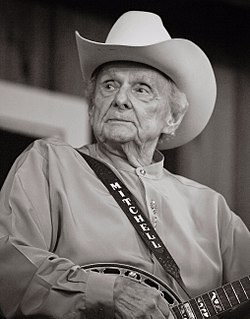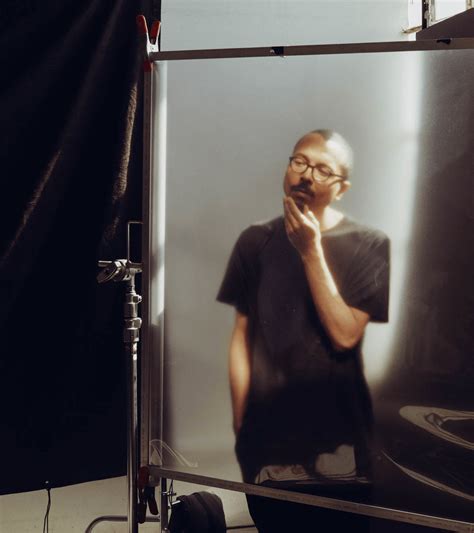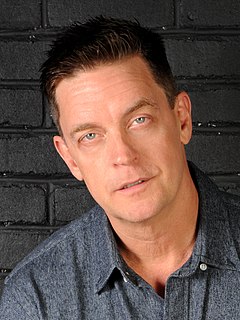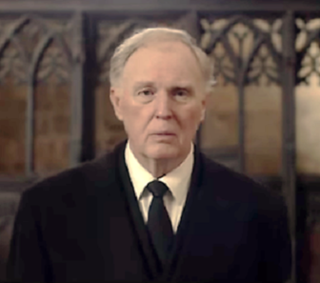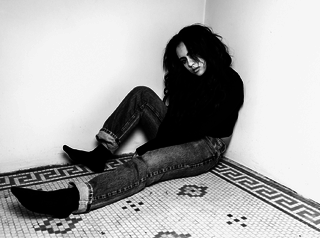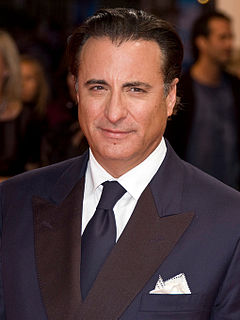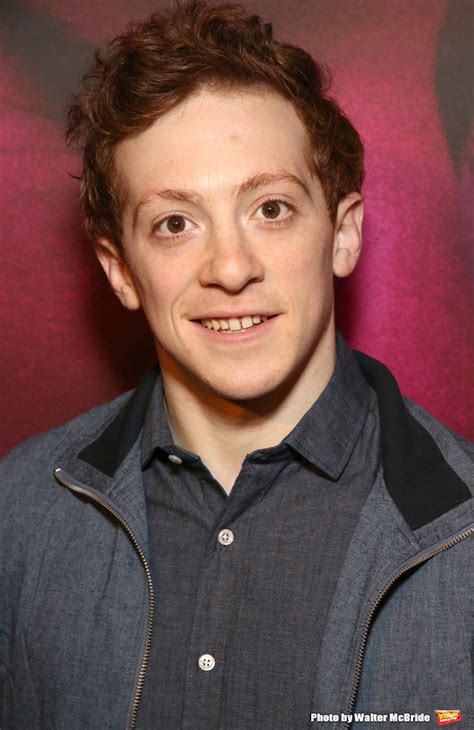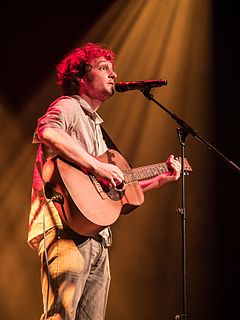A Quote by Shannon Purser
I've been singing since I was a kid, but I take my voice a lot more personally than my acting. I feel a lot more personal criticism when somebody tells you that you don't have a good voice.
Related Quotes
I had to get the voice back, the precise pitch of Sid's voice and I'd forgotten that I'd pitched him higher than my regular voice, so that was a little difficult to begin with. It was especially hard because we started recording in the morning so I had to warm up a lot and my usual voice is a little more gravelly.
I can do four shows in a row singing no problem. Four shows in a row stand up, my voice is destroyed. I'm a storyteller so I act out a lot of characters and I act out a lot of situations and I'm distorting my voice and imitating characters I run into. I'm actually more exhausted doing that than I am with the rock shows, believe it or not.
Music is a lot more powerful than anyone gives it credit for. I can sing something right now and make you feel something that you would not feel if I said it. If somebody can sing and connect to people just through voice, just through sonics, capturing an emotion, that's a direct string to somebody's soul.
I think most of us, as writers, have had experiences where you get edited and it doesn't feel like your voice at all. And so it's been nice to go through the experience of having a lot wind up on the cutting-room floor, and yet still feel that your voice is being - not purified, but made more yourself. I think that's a very rare thing.
The whole thing of singing on my own has been accidental and random. I sang a huge amount as a kid, and I was a boy soprano. I didn't do that much classical music; I did a little bit. I had a lovely voice. And then when my voice dropped, I didn't worry about it consciously because I wasn't that invested in my singing at the time.

